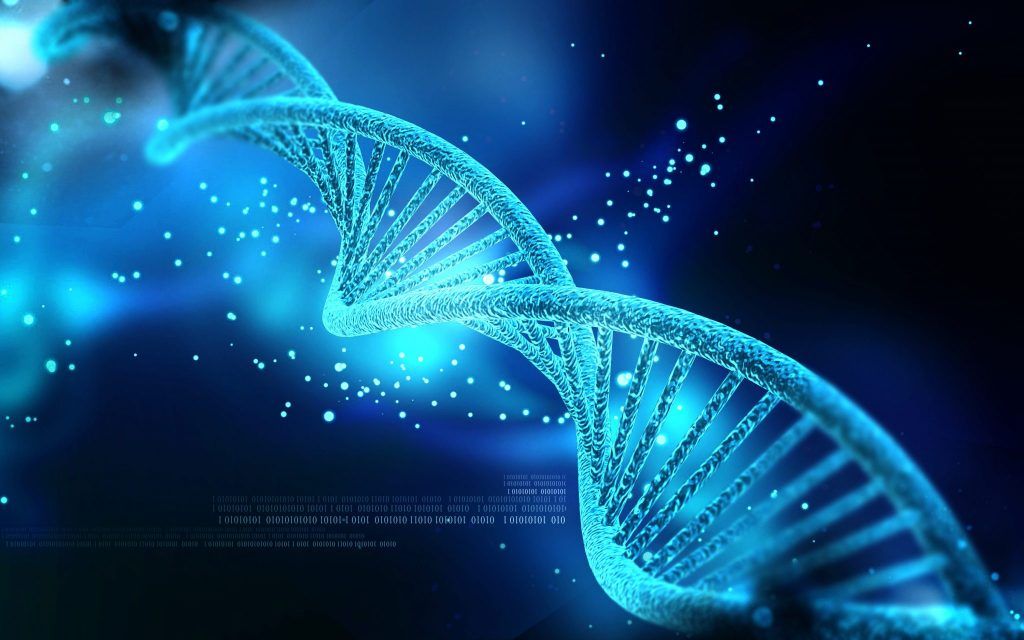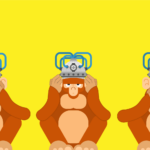Chinese twins are allegedly the first “genetically edited” babies
By Matt Field | November 26, 2018
 Credit: Nogas1974 CC BY-SA 4.0
Credit: Nogas1974 CC BY-SA 4.0
A Chinese scientist took the shocking but entirely predictable next step of genetically engineering human embryos and allowing the fetuses to mature to term, as in, be born. Two twins are being called the first “genetically edited” humans. They were born earlier this month, the AP reports, and they’re already raising eyebrows.
He Jiankui, who trained at Rice and Stanford universities, told the AP about his work before informing an organizer of an international conference set to start Tuesday in Hong Kong. Although He’s work hasn’t been published in any peer reviewed journal, the AP shared information about it with several scientists, who said the “tests so far are insufficient to say the editing worked or to rule out harm.” Some scientists expressed dismay that He took such a dramatic step.
Dr. Eric Topol, head of the Scripps Research Translational Institute, told the AP that He’s work “is far too premature.” University of Pennsylvania gene editing expert Dr. Kiran Musunuru was blunter, calling it “unconscionable…an experiment on human beings that is not morally or ethically defensible.”
He, who opened a lab at the Southern University of Science and Technology of China, used a gene editing technology known as CRISPR that allows scientists to supply new genes or disable problem ones, according to the AP report. He edited the embryos of seven couples. One pregnancy resulted. The researcher told the AP he hoped to convey the “ability to resist possible future infection with HIV, the AIDS virus.” Editing sperm, egg or embryonic cells is not allowed in the United States except in limited circumstances, according to the wire service. Chinese law allows for gene editing.
As researchers work to synthesize the human genome, develop methods for transforming skin cells into sperm or egg cells, and perfect CRISPR gene editing processes, one doesn’t have to strain too hard to imagine a future in which would-be parents select specific traits in their offspring. The national academies of science and medicine released a report in 2017 that endorsed clinical trials of gene editing on so called germline cells, where gene edits can be passed on to the next generation.
Not all experts condemned the main gist of He’s work. Harvard geneticist George Church told the AP the goal of gene editing to prevent HIV infection is justifiable.
Publication Name: The Associated Press
To read what we're reading, click here
Together, we make the world safer.
The Bulletin elevates expert voices above the noise. But as an independent nonprofit organization, our operations depend on the support of readers like you. Help us continue to deliver quality journalism that holds leaders accountable. Your support of our work at any level is important. In return, we promise our coverage will be understandable, influential, vigilant, solution-oriented, and fair-minded. Together we can make a difference.
Keywords: Crispr, He Jiankui, gene editing, genetic engineering
Topics: Disruptive Technologies, Synthetic biology, What We’re Reading














I was genuinely surprised there is no International Ethics Committee at least to issue a warning to bioscientists as to the implications of their work. This can later be followed by the establishment of a statutory authority that can be signed and ratified by interested nations; a law can be passed that would require researchers to obtain prior approval before developing further novel experimental techniques. It will ultimately be of interest to anyone concerned! Scientific endeavor is a mostly peer-to-peer effort. The word will spread quickly amongst scientists that such an authority has been established!